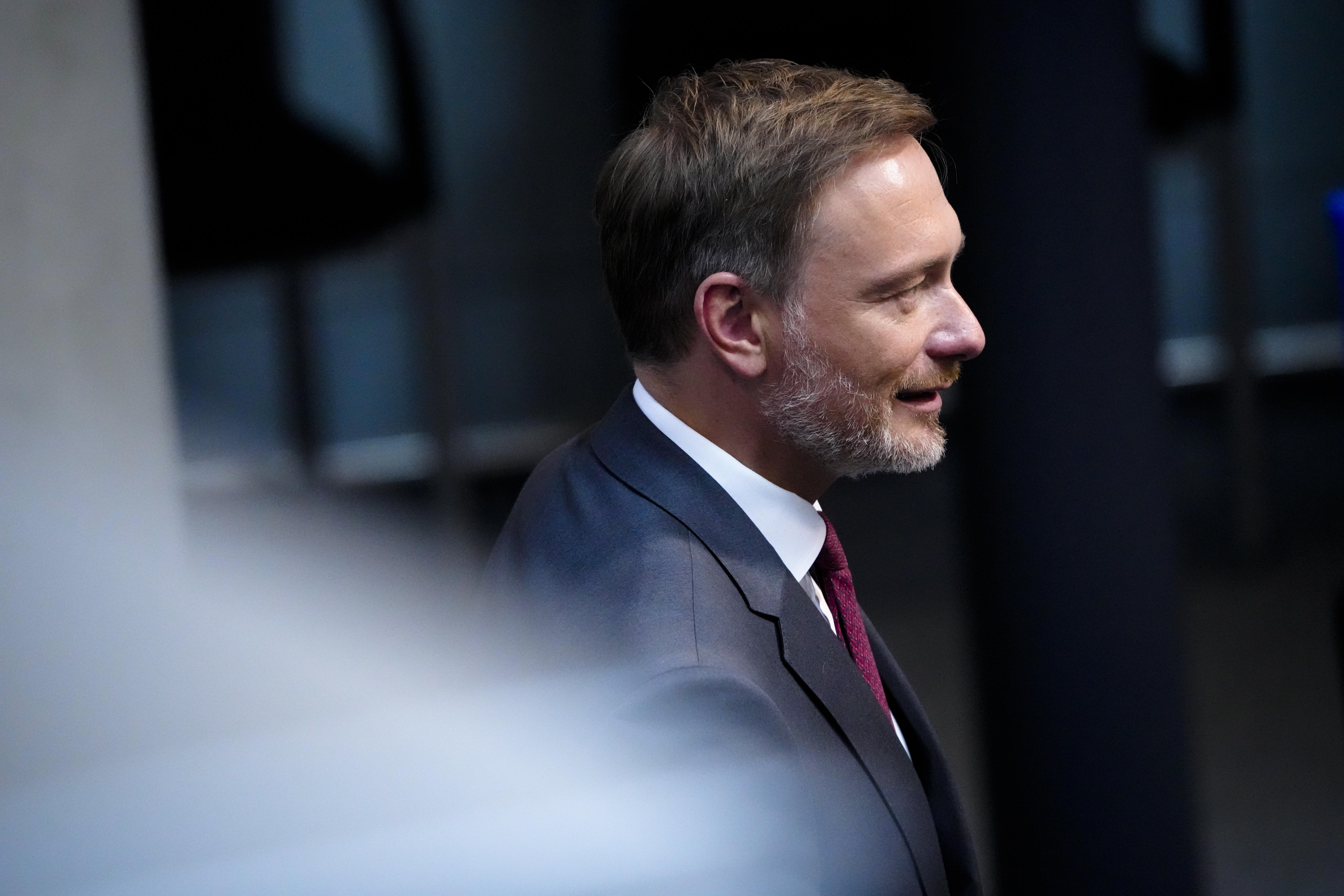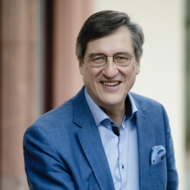Ukraine aid
A perfectly normal process

Federal Finance Minister Christian Lindner is currently facing criticism.
© picture alliance / Flashpic | Jens KrickThe controversy began with an article in the Frankfurter Allgemeine Sonntagszeitung (FAS) on August 18, 2024. The front-page headline read: "No More New Money for Ukraine." The article suggested that the German Finance Minister Christian Lindner was cutting Ukraine aid, effectively abandoning the attacked country to Putin's Russia without German support. The message was greedily taken up by the CDU opposition, and even politicians from the governing traffic light coalition expressed outrage. The news quickly spread worldwide. Even the Financial Times reported, and the highly respected public intellectual, the liberal Timothy Garton Ash, who usually does not engage all that much in financial policy matters, implied that Ukraine was being sacrificed on the altar of Germany’s debt brake.
The background of the report was the fact that in the new, recently adjusted budget draft, the financing of aid to Ukraine was sensibly restructured - following the G7 agreement in June. According to this agreement, aid is to be financed by the EU, the USA, Canada, and Japan through an international bond or securitized credit, based on the proceeds from the frozen Russian central bank assets in Europe, which are reportedly in the tens of billions. The exact modalities of this complex operation are not yet finalized, and it is indeed not impossible that it could still fail completely, resulting in the funds flowing only in a reduced amount or not at all. But such risks are entirely normal in any budget process: who knows exactly how much tax revenues will be collected—these are roughly estimated, and in Germany, they often deviate by tens of billions of Euro from expectations? And who knows exactly how much will be spent on debt service, investment projects as wll as wages and salaries for public employees and civil servants —these are also roughly estimated?
In fact, these risks always exist. In the major crises of recent decades - the global financial crisis, refugee crisis, Covid-19 crisis, flood crisis, energy crisis - they regularly led to vastly inflated estimates in an atmosphere of public panic, which subsequently contributed to the fact that considerable funds did not flow out - and were then abused for other than their intended purposes, which the Federal Constitutional Court then rightly objected. Therefore, it is always necessary to make careful estimates based on the best available knowledge and judgment.
This is precisely what Christian Lindner did, in accordance with his duties. And of course, as Federal Minister of Finance, he also has a duty to carefully monitor the disbursement of funds, as he made clear in a letter he wrote to the departments involved. If it turns out that the funds are not sufficient - for whatever purpose - then adjustments must be made, which should be polically and practically possible by reallocations in a planned federal budget volume of over 488.67 (!) Billion Euro (2025). Lindner made this clear immediately after the FAS article was published, but the wave of partially dishonest outrage was already in full swing. In particular, he emphasized that there was no question of Ukraine aid being stopped or drastically reduced. There is simply no new political signal to Ukraine and Russia, just normal budgetary policy. The Ukraine aid remains. Period.
It is, of course, clear that the proceedings of Russia's cruel war against Ukraine and the budget decisions of other major donors such as the USA after the presidential election in November 2024 are of major importance for further funding requirements. But these are risks that are unavoidable anyway—they are inherent in the nature of the situation. After all, nobody knows the future.
Karl-Heinz Paqué is Chairman of the Board of Directors of the Friedrich Naumann Foundation for Freedom. He is also Deputy President of Liberal International. From 2002 to 2006, he was Minister of Finance of the German State Saxony Anhalt.
